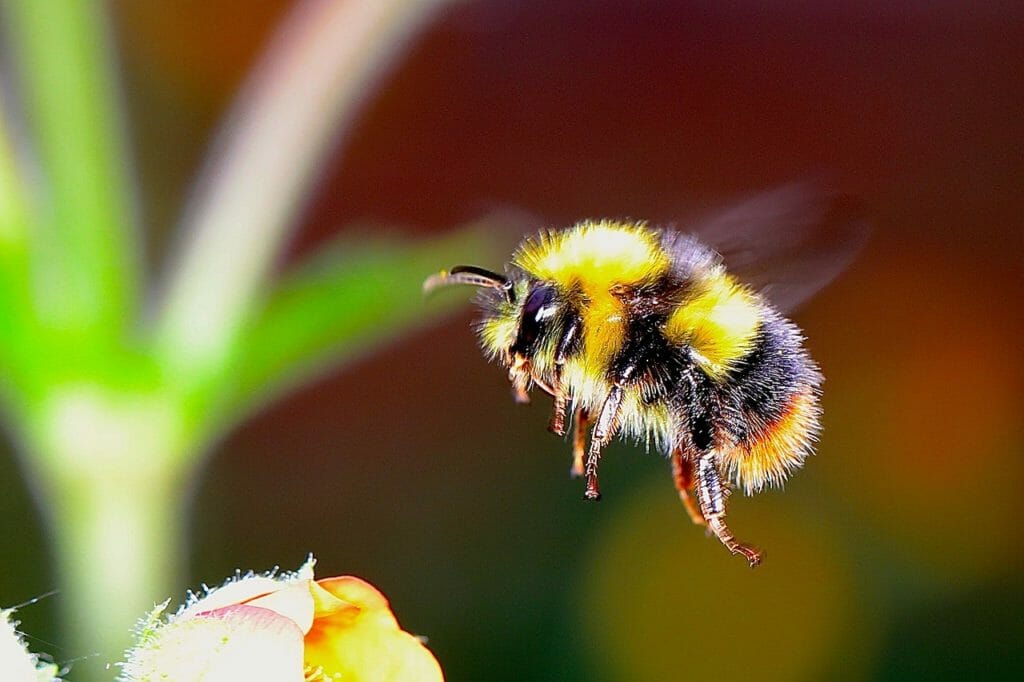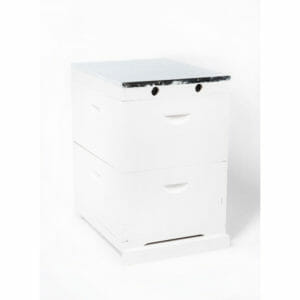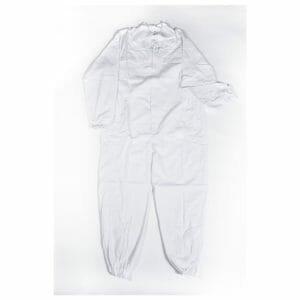Research shows low level exposure to neonicotinoid insecticide reduces bumblebee brooding activity. But the jury is still out on “neurobiologically similar” honeybees.
With all the research into the effects of neonicotinoids on bees over the past decade has come mixed results. The effects on honeybees remains the most unclear aspect (a fact that pro-neonic industry is clinging to fiercely). But the effect on bumblebees and other natives around the world is becoming clear.
In November, The ABC reported on a new study on bumblebee brooding habits published in the research journal Science. Bumblebees exposed to an insecticide were “less likely to feed and care for their larvae, and spent more time hanging out around the edges of the nest”. Researchers reported that the bees would even become immobile – something not seen in healthy beehives.
The study used a new method – barcoding bees so that cameras can track them! As if marking bees with a dab of colour isn’t tricky enough. But this method provided “unprecedented detail” into the subtle effects of tiny amounts of neonicotinoids. The ABC spoke to Australian expert Andrew Barron of Macquarie University, who also researches in this area:
“This is the first time that [researchers have] used this method to look at the effect of a compound like this inside the colony on brood rearing,”
“A dose range of 10 parts per billion is so small it’s very easy for a colony to pick up that level from just environmental contamination.”
Dr Barren also told the ABC that it was “not unreasonable” to assume there are similar effects in other species of bees.
“In terms of the neurobiology of bees and brain structures, they’re all really quite similar,” Dr Barron said.

Visit the Bee2Bee online shop for beekeeping equipment and supplies.




